Introduction
In today’s complex and litigious world, having a solid insurance plan is no longer a luxury, but a necessity. While standard policies like homeowner’s, auto, and liability coverage provide a baseline of protection, they may not be enough to shield you from the unexpected. This is where umbrella insurance steps in – a powerful financial safeguard that can elevate your coverage and give you the peace of mind you deserve.
What is Umbrella Insurance?
Umbrella insurance, also known as excess liability insurance, is a supplemental policy that kicks in when the limits of your primary insurance policies have been exhausted. It provides an additional layer of coverage, typically ranging from $1 million to $5 million or more, to protect you from costly lawsuits, judgments, and other financial liabilities that could otherwise devastate your savings and assets.
Who Needs Umbrella Insurance?
Umbrella insurance is not just for the wealthy; it can benefit a wide range of individuals and families. Here are some scenarios where an umbrella policy can be particularly valuable:
Homeowners and Landlords: If you own a home or rental property, you face the risk of being sued for injuries or damages that occur on your property. Umbrella insurance can safeguard your assets in the event of a costly lawsuit, such as a slip-and-fall incident or a dog bite.
Drivers with Significant Assets: Even a minor car accident can result in claims that exceed the limits of your auto insurance policy. Umbrella coverage can shield your savings, investments, and other valuable assets from being seized to pay for damages or medical expenses.
Professionals and Business Owners: Individuals in high-risk professions, such as doctors, lawyers, or business owners, are more vulnerable to liability lawsuits. Umbrella insurance can provide an additional layer of protection against claims that could jeopardize their personal finances.
Parents and Caregivers: If your child or a person in your care causes injury or damage to others, you may be held liable. Umbrella insurance can cover the costs of legal defense and any resulting judgments, preventing a devastating financial impact.
Frequent Travelers or Hosts: If you frequently travel or host events, you face a higher risk of liability claims. Umbrella insurance can protect you from lawsuits related to accidents, injuries, or property damage that occur during these activities.
Why is Umbrella Insurance Important?
Umbrella insurance offers several key benefits that make it a valuable investment:
Increased Liability Coverage: Standard insurance policies often have relatively low liability limits, typically ranging from $100,000 to $500,000. Umbrella insurance can significantly increase your coverage, providing an additional $1 million to $5 million or more in protection.
Asset Protection: In the event of a lawsuit or judgment, your personal assets, such as your home, savings, and investments, could be at risk. Umbrella insurance can shield these assets from being seized to pay for damages or legal fees.
Broader Coverage: Umbrella policies can provide coverage for a wider range of incidents, including libel, slander, and false arrest. These may not be included in your primary insurance policies.
Cost-Effective Protection: Compared to the potential financial devastation of a major lawsuit, the cost of umbrella insurance is relatively low, often just a few hundred dollars per year for $1 million in coverage.
Understanding Umbrella Insurance Policies
When considering an umbrella insurance policy, it’s essential to understand the coverage details and requirements. Typically, umbrella insurance has the following key features:
Liability Coverage Limits: Umbrella policies typically offer liability coverage limits starting at $1 million, with options to increase coverage up to $5 million or more.
Underlying Insurance Requirements: To qualify for an umbrella policy, you must maintain minimum liability coverage limits on your primary insurance policies, such as homeowner’s or auto insurance. These underlying policy limits are usually $250,000 to $500,000 per occurrence.
Deductibles and Exclusions: Umbrella policies may have a deductible, typically $250 to $500, that you must pay before the coverage kicks in. Certain exclusions, such as intentional acts or business-related liabilities, may also apply.
Choosing the Right Umbrella Insurance Policy
When selecting an umbrella insurance policy, consider the following factors:
Assess Your Risks and Assets: Evaluate your potential liability exposures, such as your profession, assets, and lifestyle, to determine the appropriate coverage limits.
Compare Quotes from Multiple Insurers: Shop around and compare quotes from different Insurance providers to find the best combination of coverage and cost.
Review the Policy Details: Carefully read the policy terms, exclusions, and underlying insurance requirements to ensure the coverage aligns with your needs.
Consider Bundling with Other Policies: Many insurers offer discounts when you bundle your umbrella policy with other insurance products, such as home or auto coverage.
Conclusion
In today’s litigious society, umbrella insurance has become an essential safeguard for protecting your financial well-being. By providing an additional layer of liability coverage, umbrella policies can shield your assets, preserve your savings, and give you the peace of mind you deserve. Whether you’re a homeowner, driver, or professional, investing in an umbrella insurance policy is a smart decision that can help you navigate the unexpected with confidence.
Reference
How An Umbrella Insurance Policy Works And What It Covers – Forbes Advisor



























